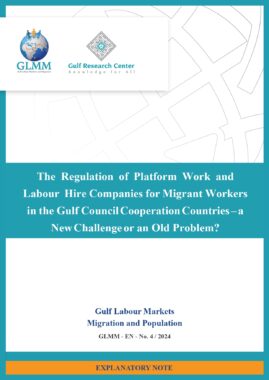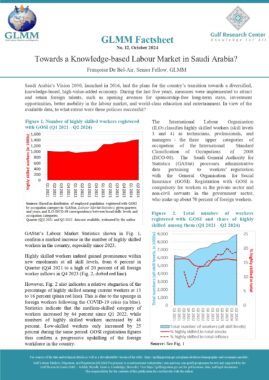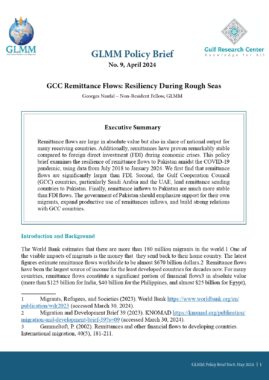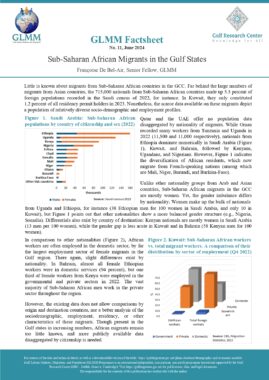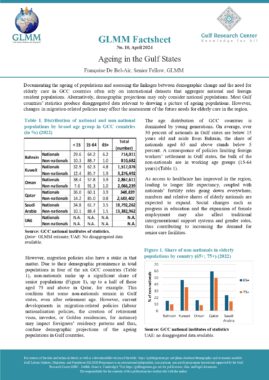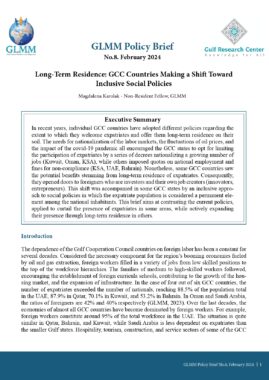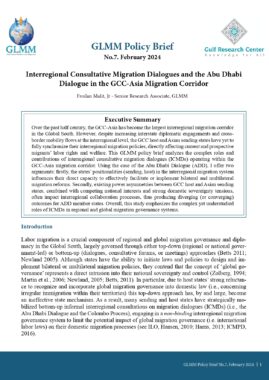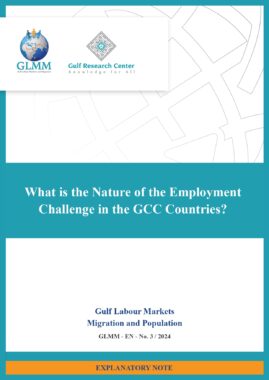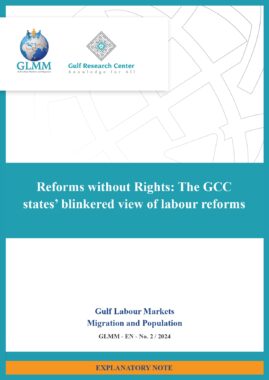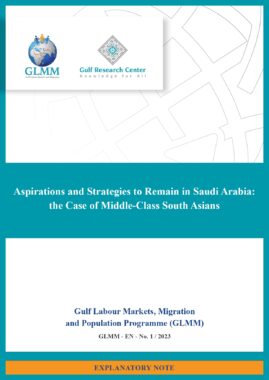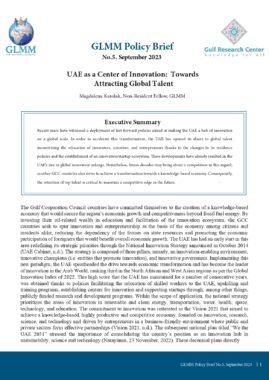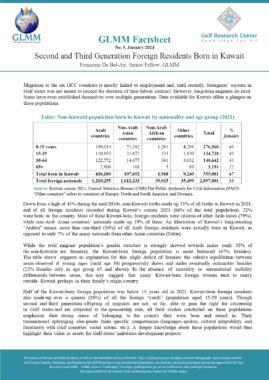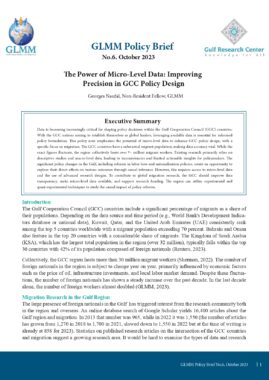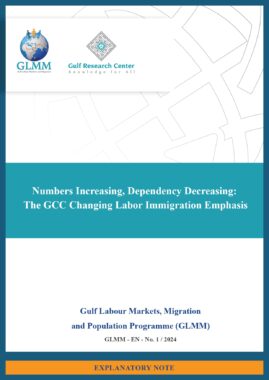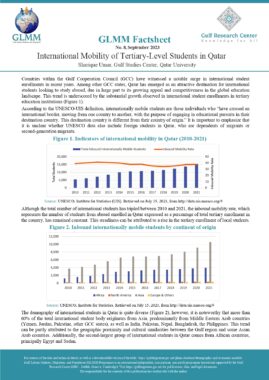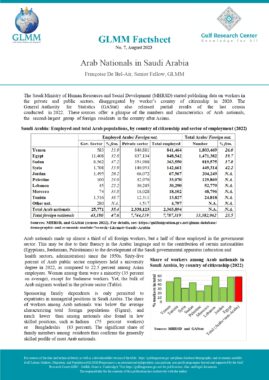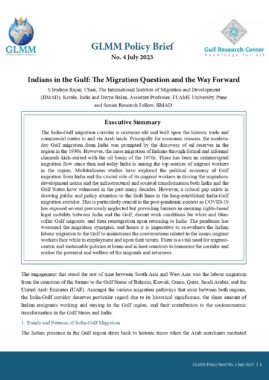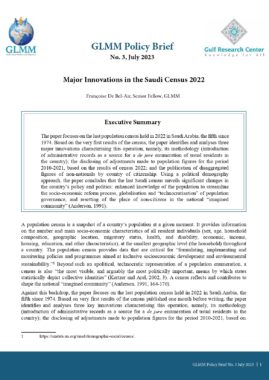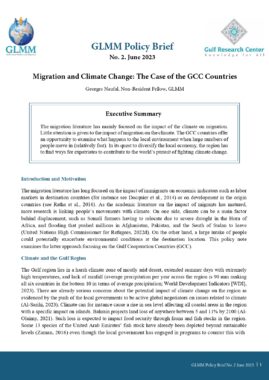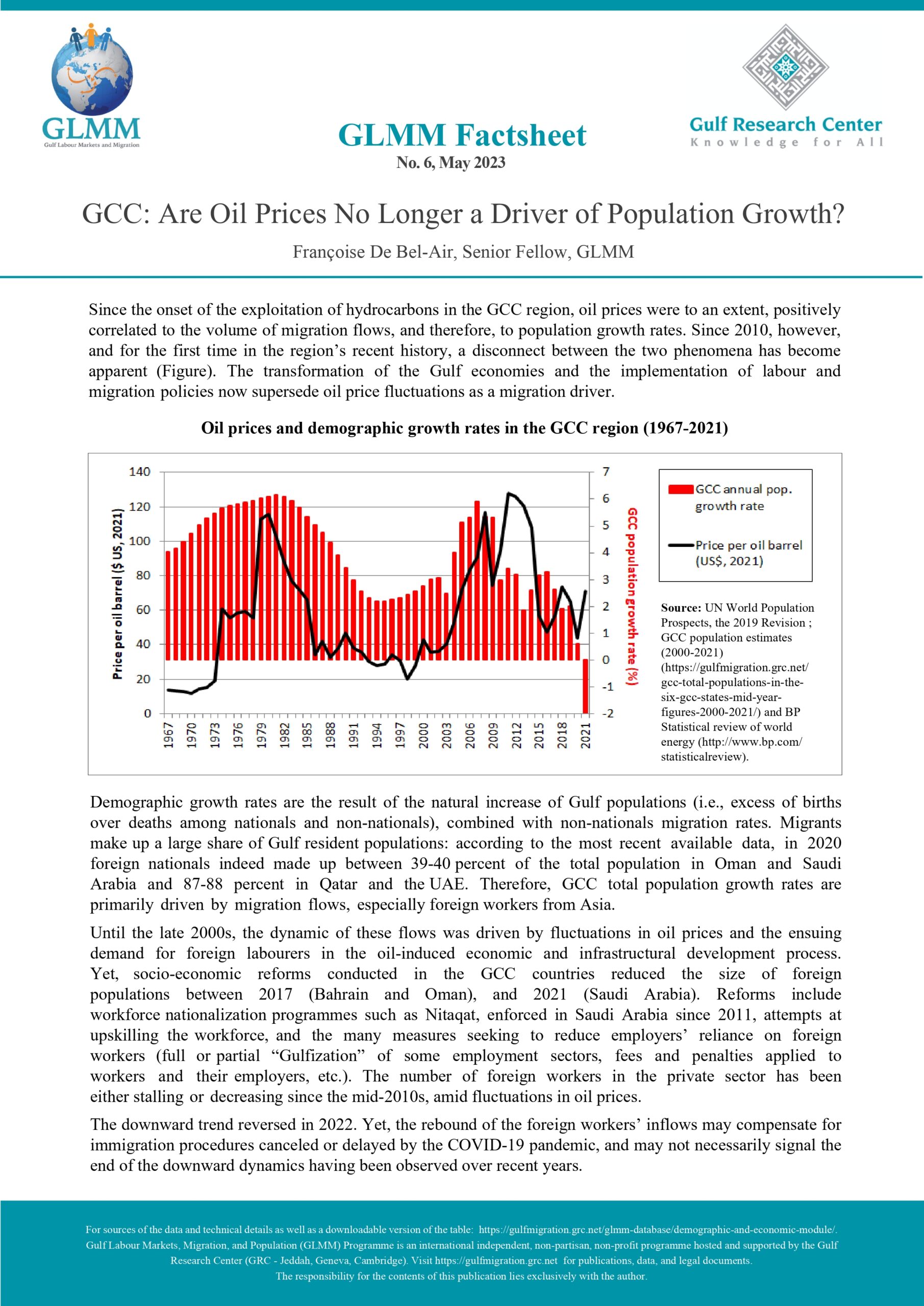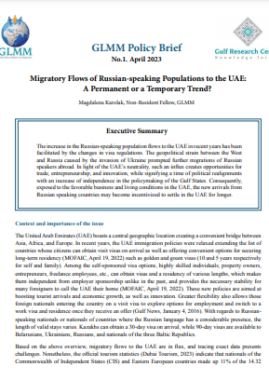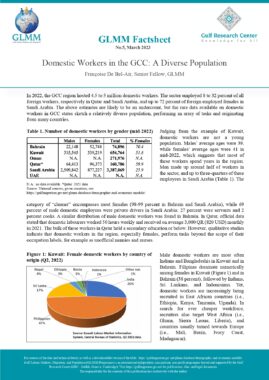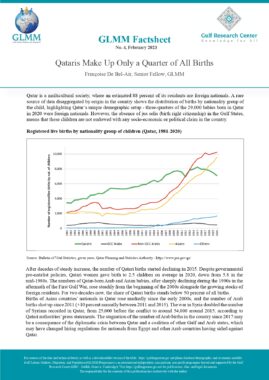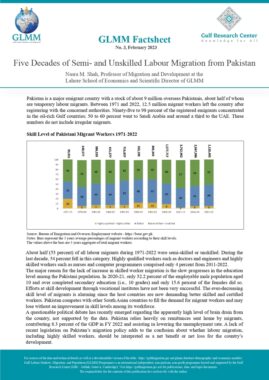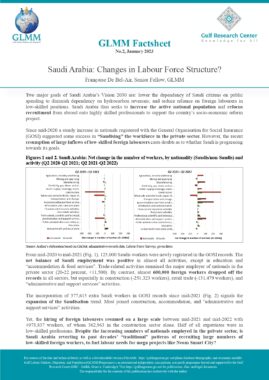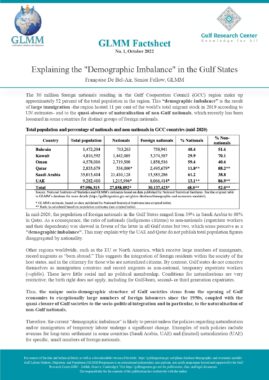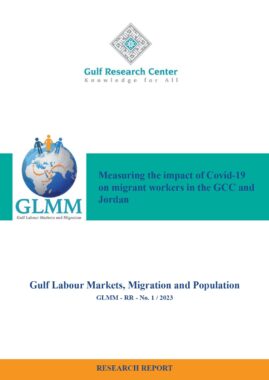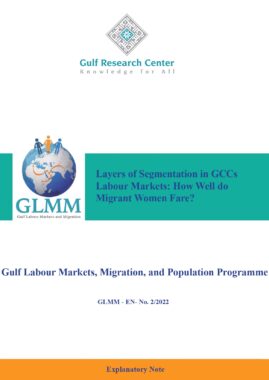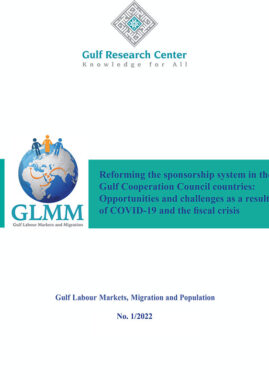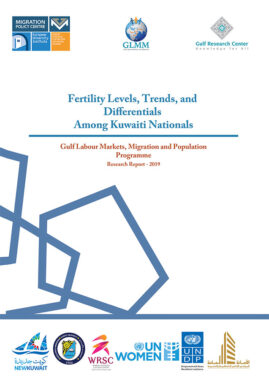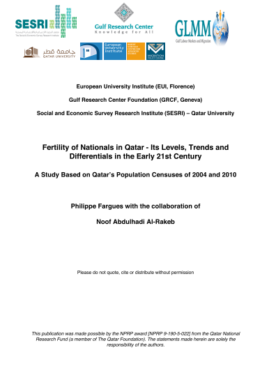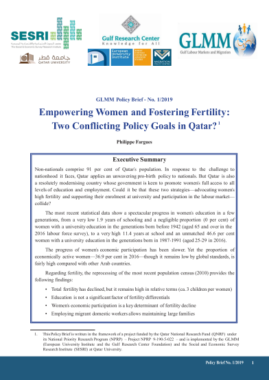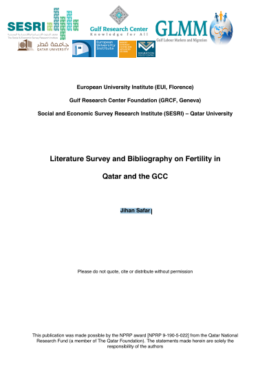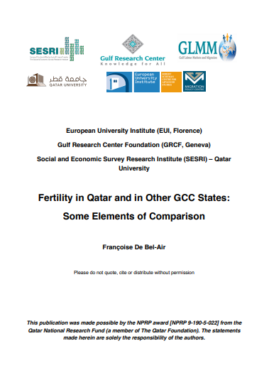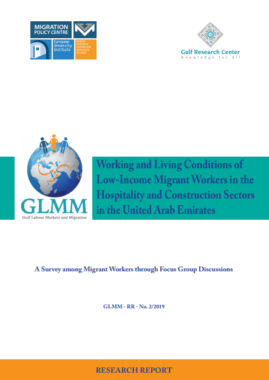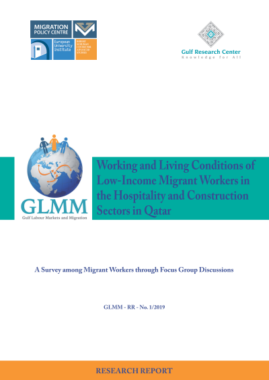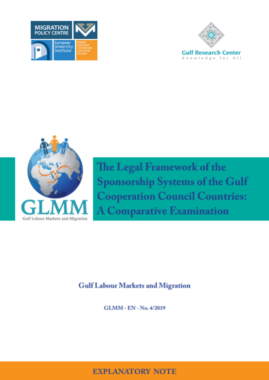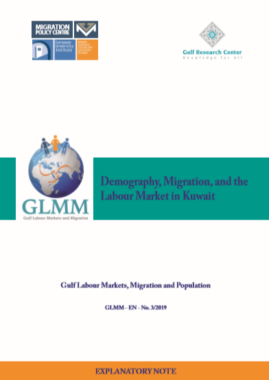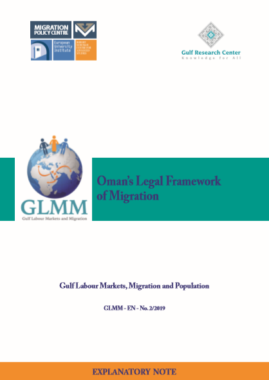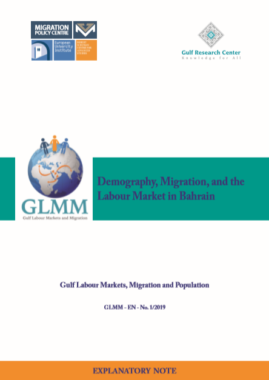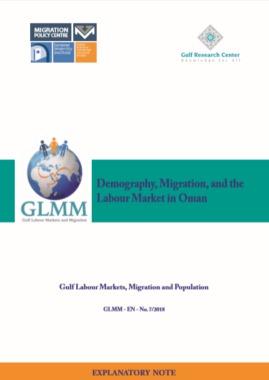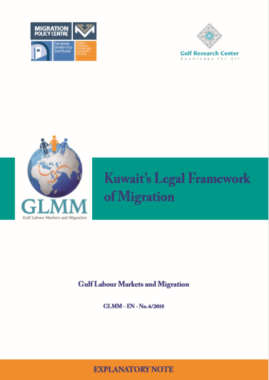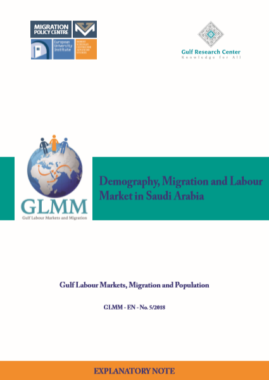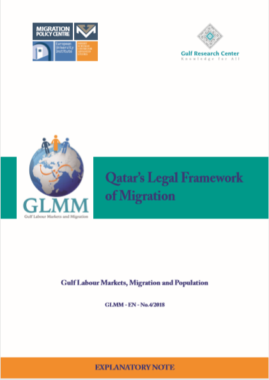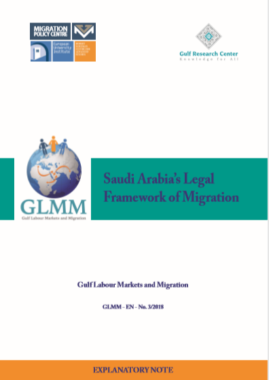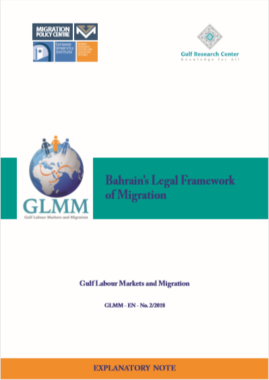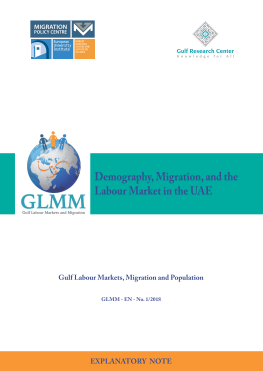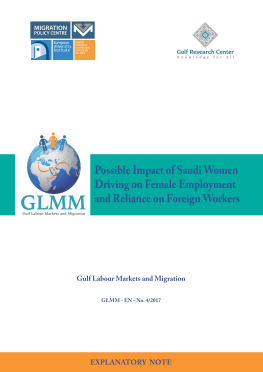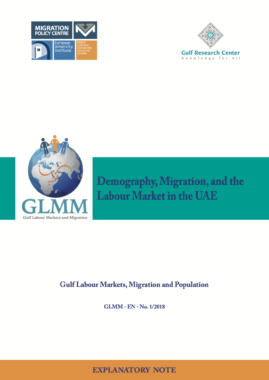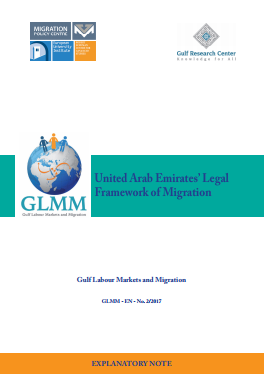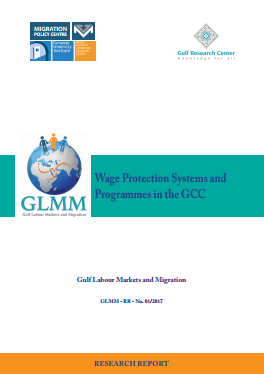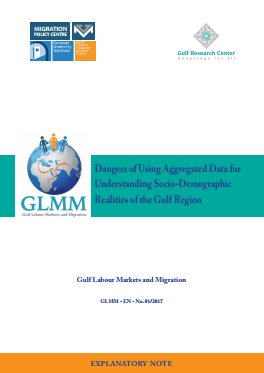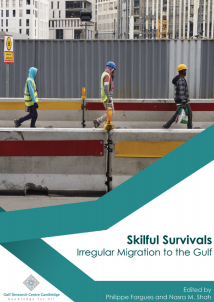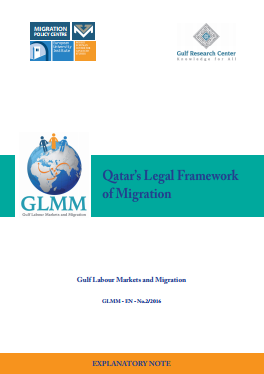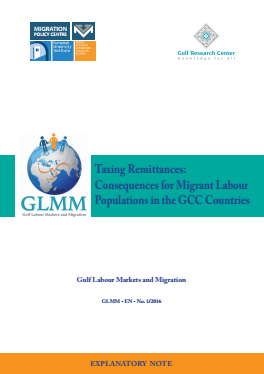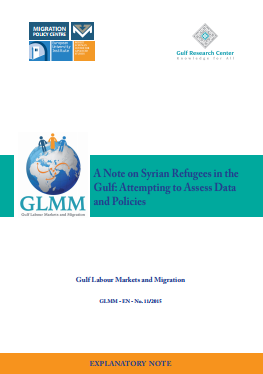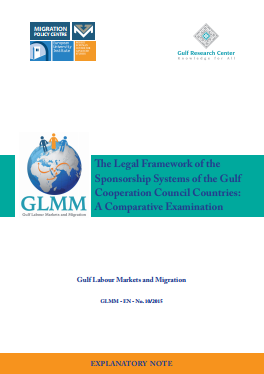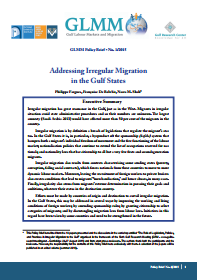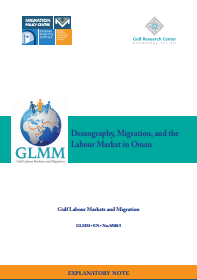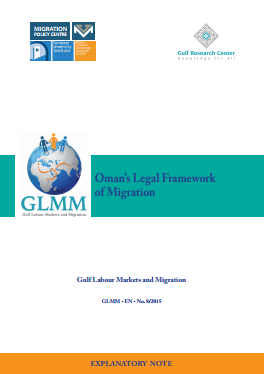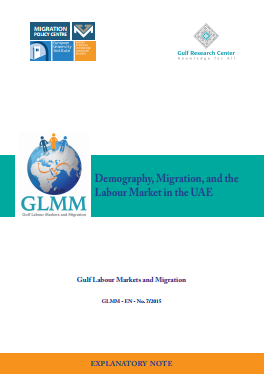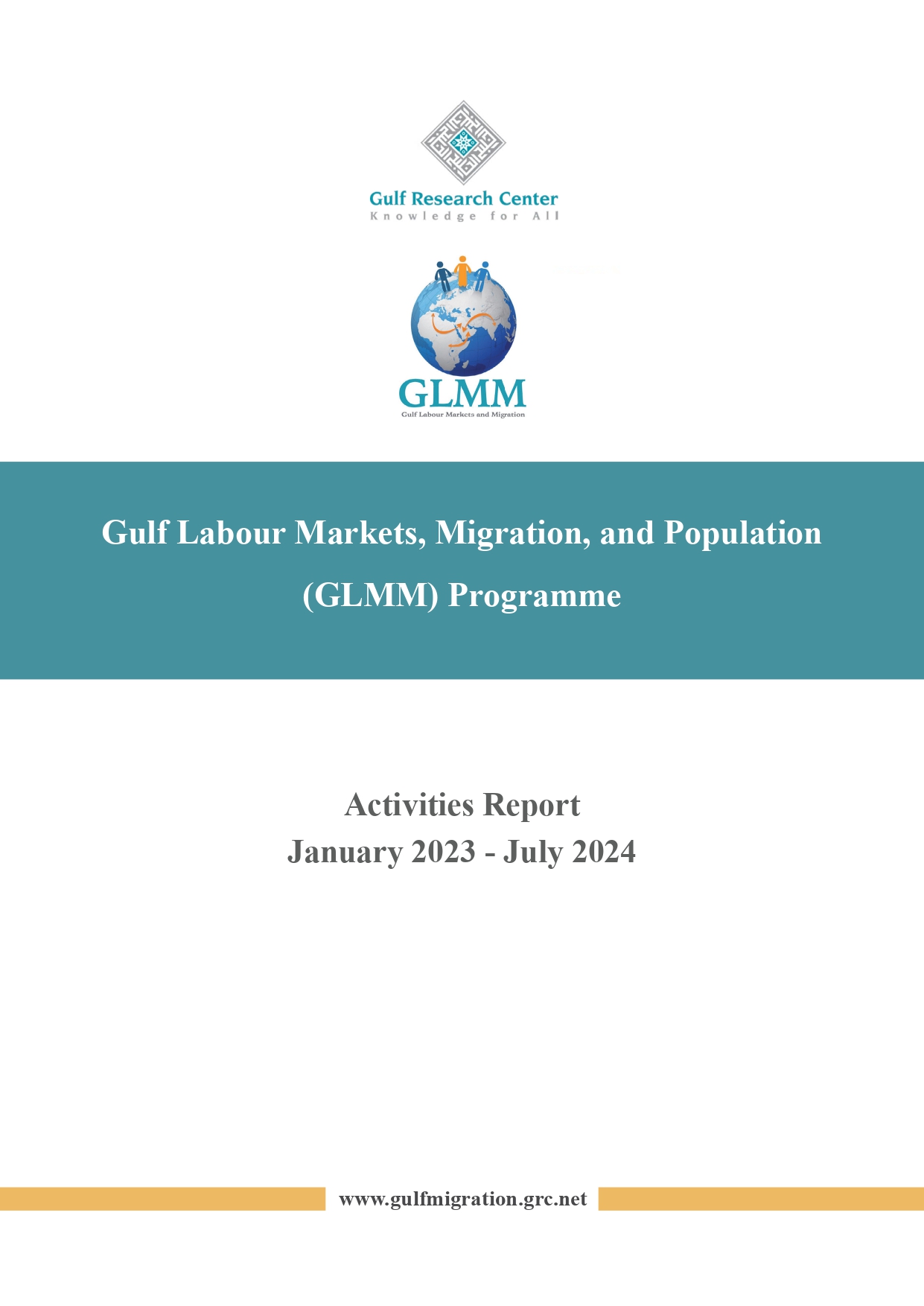UAE, Dubai: Employed population (aged 15 and above) by nationality group and occupation (2011)

| Occupation | |||||||||||
| Nationality groups | Legislators and senior officials | Professionals | Technicians | Clerks | Services and sales |
Craft and related workers | Plant and machine operators | Elementary occupations | Skilled agriculture and fishery workers | Armed Forces | Total |
| U.A.E | 4,222 | 9,891 | 15,377 | 10,756 | 6,601 | 132 | 168 | 178 | 54 | 5,404 | 52,783 |
| AGCC countries | 134 | 64 | 12 | 78 | – | – | – | – | – | 26 | 314 |
| Other Arab countries | 7,121 | 25,446 | 11,858 | 4,632 | 5,961 | 6,021 | 5,118 | 8,190 | 933 | – | 75,280 |
| Non Arab Asian countries | 49,571 | 120,918 | 93,337 | 56,903 | 119,361 | 361,307 | 175,206 | 170,492 | 5,271 | – | 1,152,366 |
| Non Arab African countries | 834 | 552 | 1,214 | 230 | 17,404 | 197 | 103 | 2,591 | – | – | 23,125 |
| European countries | 5,670 | 6,341 | 3,644 | 809 | 487 | – | – | – | – | – | 16,951 |
| North American countries | 1,113 | 1,467 | 944 | – | – | – | – | – | – | – | 3,524 |
| Caribbean & Central American countries | 381 | – | – | – | – | – | – | – | – | – | 381 |
| South American countries | – | – | 379 | – | – | – | – | – | – | – | 379 |
| Oceania (Australia, New Zealand, etc.) | 211 | 500 | 135 | – | – | – | – | – | – | – | 846 |
| Total non-Emiratis | 65,035 | 155,288 | 111,523 | 62,652 | 143,213 | 367,525 | 180,427 | 181,273 | 6,204 | 26 | 1,273,166 |
| Grand total | 69,257 | 165,179 | 126,900 | 73,408 | 149,814 | 367,657 | 180,595 | 181,451 | 6,258 | 5,430 | 1,325,949 |
Source: Labour Force Survey 2011
ANNEXED NOTE
1. Characteristics of data, definitions
DSC has been conducting Labour Force Surveys on Dubai Emirate in 2008, 2009, 2011 and 2012.
Sample of LFS 2011: 2303 households (1010 Emirati households, 999 foreign households and 294 collective households) and 500 workers from labour gatherings.
Date of reference: ? 2011.
The time reference of the survey is:
Visit day is the time reference for the family personal data.
The week ended on the visit day is the time reference for the employment status (employed / unemployed).
Month ended on the visit day is the time reference for job search.
The two years ended on the visit day represent the time reference for training of people who are unemployed and seeking a job.
2. Institution which provides data
Dubai Statistics Centre (DSC).
3. Data availability
The results of Dubai Labour Force Surveys are available (in English and in Arabic) at:
https://www.dsc.gov.ae/en-us/Themes/Pages/Labour.aspx?Theme=41&year=2011#DSC_Tab1
A selection of tables and analysis from 2011′ Labour Force Survey appear in a publication available on DSC’s website (PDF format, in Arabic only):
https://www.dsc.gov.ae/Publication/%D9%86%D8%B4%D8%B1%D8%A9%20%D9%85%D8%B3%D8%AD%20%D8%A7%D9%84%D9%82%D9%88%D9%89%20%D8%A7%D9%84%D8%B9%D8%A7%D9%85%D9%84%D8%A9%202011.pdf
Some tables (in PDF format), definition of concepts and partial methodological indications are available in the LFS’ project page on DSC’s website:
https://www.dsc.gov.ae/en-us/Programs-Statistical-Surveys/Pages/Statistical-Project-details.aspx?ProjectId=21#DSC_Tab1
Last date of access: February 3, 2015.
 In case the links to the primary data source are broken, please refer to the new DSC website until links to publications are restored.
In case the links to the primary data source are broken, please refer to the new DSC website until links to publications are restored.Similar Posts:
- UAE, Dubai: Employed population (aged 15 and above) by nationality group and sex (2011)
- UAE, Dubai: Employed population (aged 15 and above) by nationality group and monthly and annual income (2011)
- UAE, Dubai: Percentage distribution of employed population (aged 15 and above) by nationality group and sex (2017)
- UAE, Dubai: Employed population (aged 15 and above) by nationality (Emirati/ non-Emirati), sex and occupation (2011)
- UAE, Dubai: Employed population (aged 15 and above) by nationality (Emirati/Non-Emirati), sex
Tags: Africa, Asia, Employment, Europe, National & Foreign Labour, North America, Oceania, South America, United Arab Emirates
